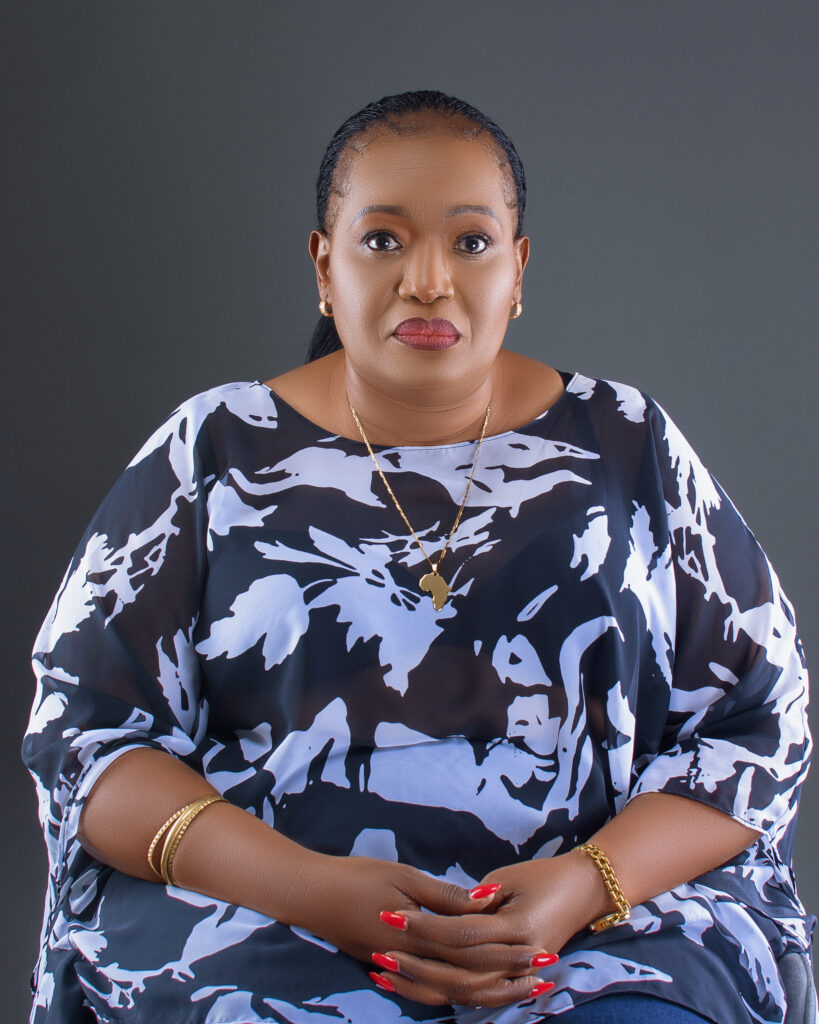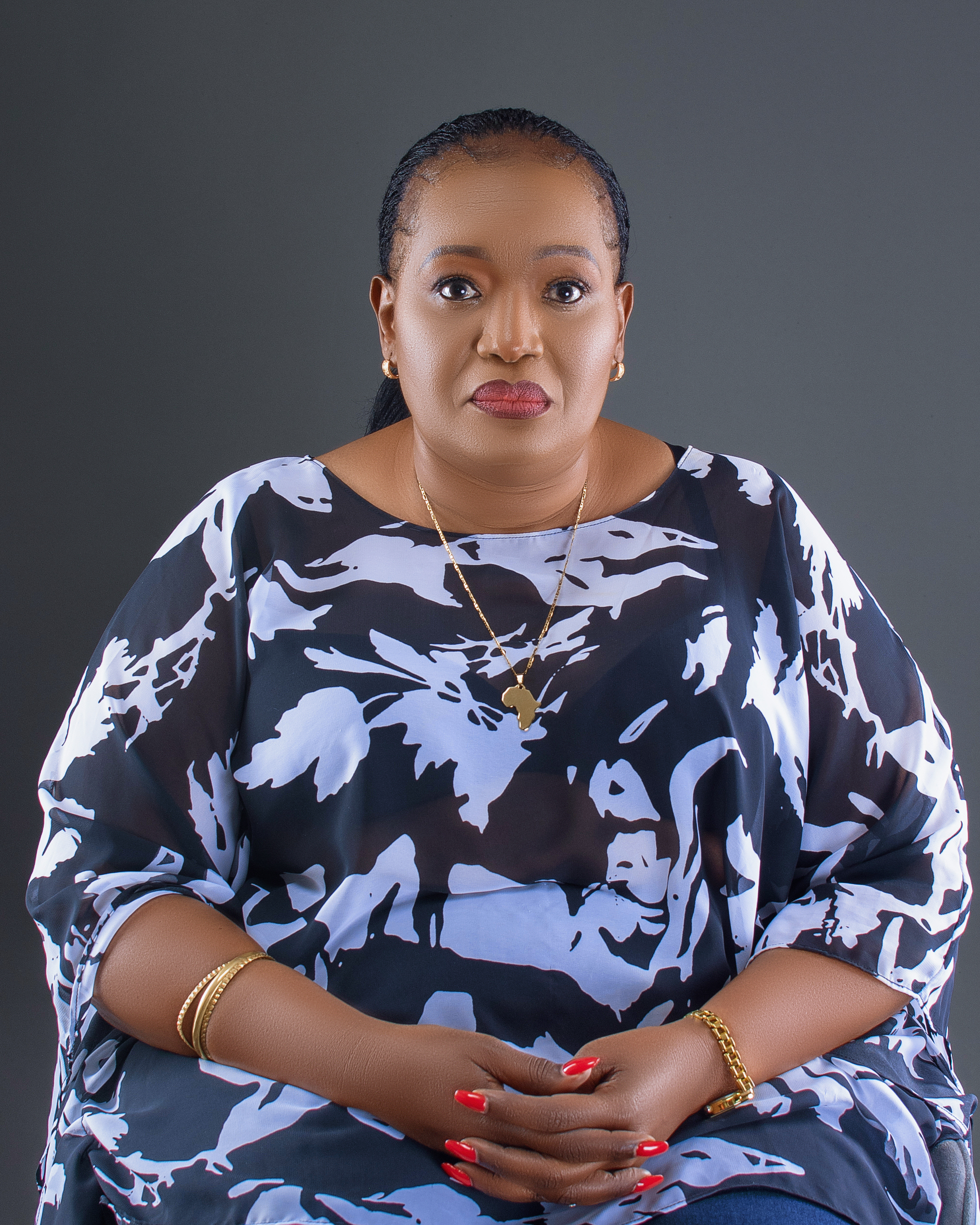
For aspiring creatives, there is much to be gained by building a broad range of skills and experience. This can future-proof their career and make their time in the industry more productive and rewarding.
As a young person imagining a future career, it’s common to have a vision of a single, particular dream job. The reality, though, is that we usually fill several roles over the course of our careers – and all of these experiences are part of our professional growth.
A useful approach to career development is therefore – instead of training for a single job – to develop a range of skills for your chosen industry. This is especially true in the case of the creative sector, which is highly collaborative and requires numerous capabilities to be deployed in combination.
The career path of a creative worker will often see them performing many roles. For instance, many aspiring creatives dream of becoming a film director. But if one speaks to successful movie directors, they often say they came to their role via a circuitous route, working across different parts of the creative industry.
Holistic vision
“To be an effective director, you need to have a clear understanding of every aspect of movie production, from acting, to lighting, to music and editing,” says MultiChoice Talent Factory (MTF) East Africa Director Victoria Goro. “But once you have that knowledge, you can build a holistic vision for your project.”
Goro says this multi-disciplinary aspect of filmmaking is what informs the design of the MTF course, a 12-month immersion programme in cinematography, editing, audio production, as well as storytelling.
The MTF offering provides students with entrepreneurship skills as well as industry networking opportunities. Students get to engage with industry leaders during their course, and after graduation, many alumni go on to launch their own production companies, doing work for established industry platforms like Showmax and Maisha Magic.
“We train our students in the business of film, so they look at film as not just a livelihood, but as a profitable business,” says Goro. “It’s profitable for themselves and the people they work with because filmmaking is a collaborative exercise.”
Beyond the formal training courses through the Academies, MTF offers mid-career masterclasses and internships, as well as the MTF Portal, a platform for sharing collaboration and employment opportunities.
Training in various disciplines not only gives creatives a more well-rounded skillset, it offers career resilience. A versatile film professional has more job opportunities – critical in a sector where work is often freelance, and episodic.
But creatives would do well to take an even broader view of the industry they work in. The same skills that can be applied in producing a TV series can also be useful in the world of advertising, online media, or corporate communications. This makes for richer, more interesting work, and drives the development of the entire creative industry.
“With the rise of the digital economy, the skills of film, television and media production are relevant to numerous other industries,” says Goro. “Social media requires TV and film production skills, as do corporate communications, marketing and public relations. Anyone who has the diverse skills that TV production requires can enter these fields too.”
This need for diverse skills in the creative sector is apt. After all, this is what creative art itself is about cross-pollinating ideas from one place to another and combining thoughts in exciting new ways.
Young professionals who approach their careers in this spirit – as a kind of multifaceted, creative work – may well produce the most precious of achievements: a well-lived life.
The writer is the Academy Director, MultiChoice Talent Factory East Africa Academy
